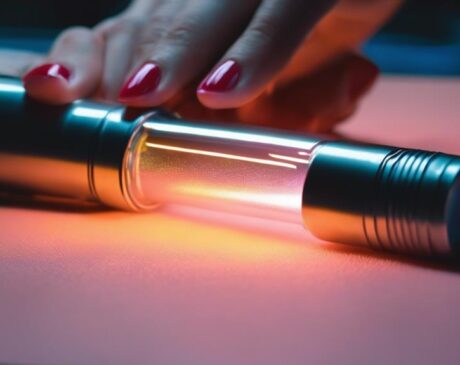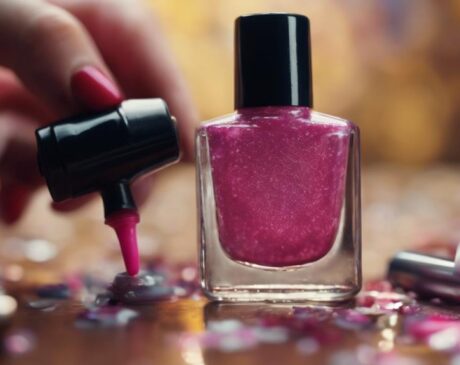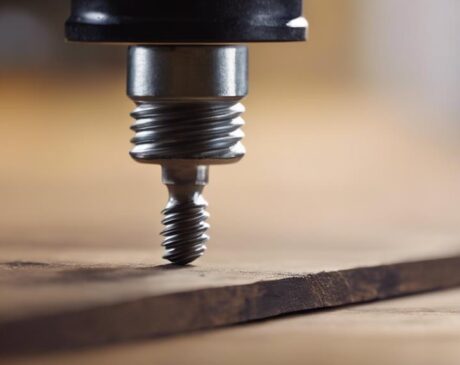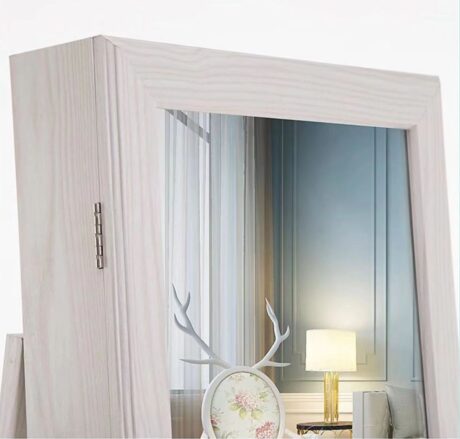Is Liquid Nails Good for Shower?
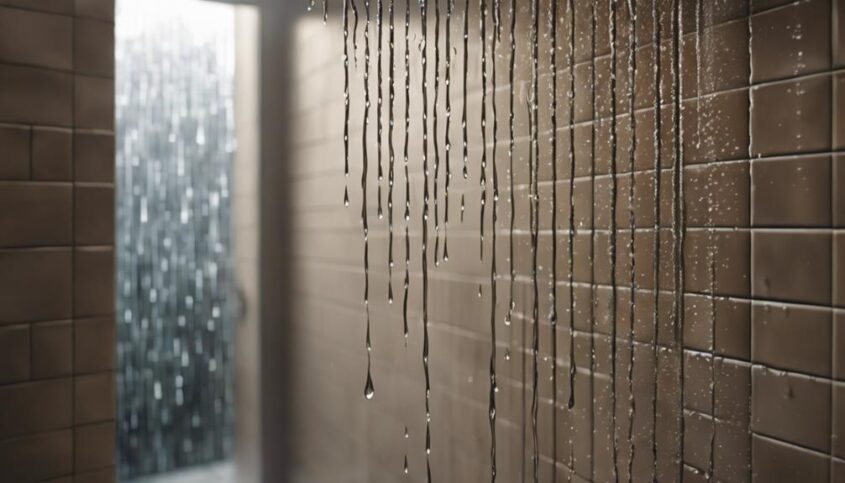
Liquid Nails is a great choice for showers due to its strong bonding capabilities and resistance to moisture. It can be used on various surfaces and dries quickly for efficient application. Assessment of durability, waterproofing effectiveness, and adhesion strength is recommended. Consider its compatibility with different shower materials for optimal performance. Be mindful of potential issues like curing time and mold growth. Follow proper application techniques for best results. The application process is crucial for a secure bond. If you want to ensure a successful project, understanding the nuances of Liquid Nails in showers is essential.
Key Takeaways
- Provides strong bonding for various materials in showers.
- Designed to withstand moisture and humidity.
- Offers versatile application on porous and non-porous surfaces.
- Ensures durable, long-lasting adhesion in wet conditions.
- Resists mold and mildew growth, maintaining a clean shower environment.
Effectiveness of Liquid Nails in Showers
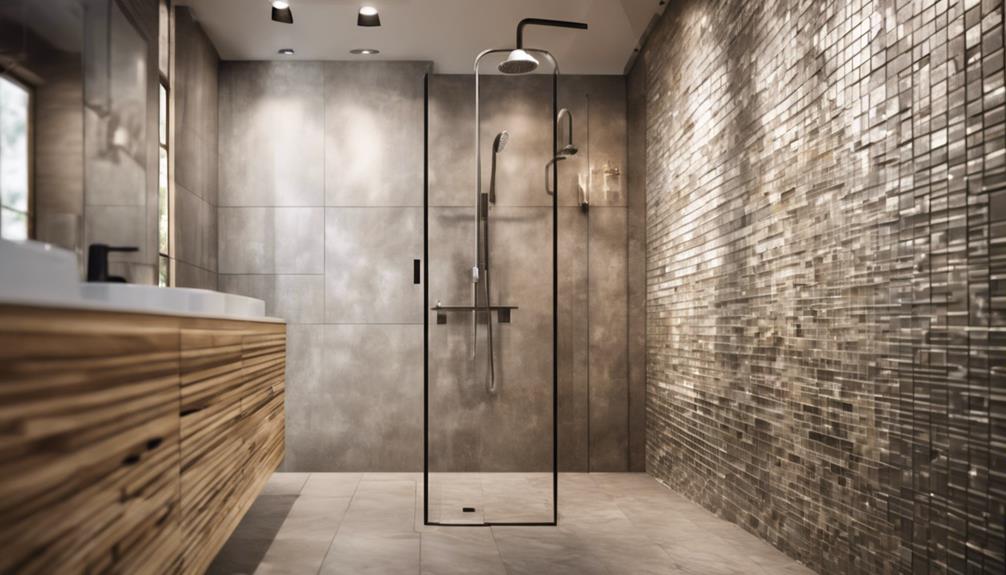
Is Liquid Nails truly effective for use in showers? Liquid Nails, a popular construction adhesive known for its strong bonding capabilities, offers a promising solution for shower installations. When applied correctly, Liquid Nails can provide a secure bond between various materials commonly found in shower environments, such as tiles, glass, and metal fixtures. Its innovative formula is designed to withstand moisture and humidity, making it a suitable choice for shower projects where traditional adhesives may fail.
One key advantage of using Liquid Nails in showers is its versatility. This adhesive can be used on both porous and non-porous surfaces, offering flexibility in design and installation. Additionally, Liquid Nails' quick-drying properties allow for efficient bonding, reducing installation time and labor costs. Its strong adhesion and resistance to water make it a reliable option for ensuring the longevity of shower installations.
Durability and Longevity Considerations
When considering the durability and longevity of using Liquid Nails in showers, it is essential to evaluate its waterproofing effectiveness, adhesion strength, and resistance to mold and mildew. These factors play a crucial role in determining the overall performance and longevity of the adhesive in wet and humid shower environments. By analyzing these aspects, one can make an informed decision on whether Liquid Nails is suitable for shower applications.
Waterproofing Effectiveness Analysis
In assessing the waterproofing effectiveness of Liquid Nails for showers, the durability and longevity of its bond warrant close examination. The ability of Liquid Nails to withstand prolonged exposure to moisture and humidity in shower environments is crucial for ensuring a reliable seal over time. Innovations in adhesive technology have led to advancements in formulas that offer increased resistance to water, preventing potential damage such as mold, mildew, or deterioration of the bond. Understanding how well Liquid Nails maintains its waterproofing properties under varying conditions is essential for determining its suitability for shower applications. By evaluating its durability and longevity in real-world scenarios, users can make informed decisions regarding the effectiveness of Liquid Nails in providing long-lasting waterproof seals in shower installations.
Adhesion Strength Comparison
Assessing the adhesive strength of Liquid Nails entails a comprehensive evaluation of its durability and longevity in diverse conditions, crucial for determining its reliability in shower applications. When comparing adhesion strength, Liquid Nails stands out for its ability to create a strong bond that withstands moisture, temperature changes, and frequent use. This adhesive's innovative formula ensures a long-lasting hold, making it suitable for shower installations where consistent performance is paramount. Through rigorous testing, Liquid Nails has proven to maintain its adhesion over time, providing a secure and stable connection between various materials commonly found in shower environments. For those seeking a dependable adhesive with exceptional durability, Liquid Nails offers a solution that excels in maintaining adhesion strength in challenging conditions.
Mold and Mildew Resistance
One of the key considerations for evaluating the effectiveness of Liquid Nails in shower applications is its resistance to mold and mildew, crucial factors impacting its durability and longevity in such environments. Liquid Nails offers advanced formulations designed to inhibit the growth of mold and mildew, ensuring a longer-lasting bond in wet and humid conditions. By incorporating innovative technologies that resist these common issues in showers, Liquid Nails provides a reliable solution for maintaining the integrity of installations over time. This proactive approach not only enhances the structural stability of the bonded materials but also contributes to a cleaner and healthier shower environment. Choosing a construction adhesive with superior mold and mildew resistance like Liquid Nails can significantly improve the longevity and performance of shower installations.
Application Process and Techniques
When applying Liquid Nails in a shower setting, precision and thoroughness in the application process are crucial for a successful and long-lasting bond. To begin, ensure that the surface is clean, dry, and free of any dust or debris that could compromise adhesion. Apply the Liquid Nails in a zigzag pattern or a series of dots to allow for proper distribution when pressure is applied. Using a caulk gun can help control the flow and ensure an even application. Press the materials firmly together immediately after applying the adhesive to create a strong initial bond. It is important to support the materials in place while the adhesive cures, typically for at least 24 hours. Additionally, following the manufacturer's instructions regarding temperature and humidity during application is essential for optimal performance. By following these techniques with attention to detail, the application of Liquid Nails in showers can result in a secure and durable bond that withstands the test of time.
Waterproofing and Moisture Resistance

Implementing effective waterproofing measures is essential when using Liquid Nails in a shower to ensure long-term durability and resistance to moisture. Liquid Nails, while providing strong adhesion, is not inherently waterproof. To enhance its performance in wet environments, it is crucial to combine its bonding strength with proper waterproofing techniques.
To bolster moisture resistance, consider using a waterproof membrane or sealant in conjunction with Liquid Nails. This additional layer of protection helps create a barrier against water infiltration, safeguarding the integrity of the bond over time. Additionally, ensuring that the substrate is clean, dry, and free of any existing water damage before applying Liquid Nails can further contribute to its efficacy in wet conditions.
Compatibility With Shower Materials
When considering the use of Liquid Nails in a shower setting, it is crucial to assess its compatibility with various shower materials. Different materials such as tiles, stone, and fiberglass may require specific adhesives for optimal adhesion and longevity. Understanding the application considerations and material compatibility is essential to ensure a successful installation process.
Material Compatibility
Ensuring material compatibility is crucial when selecting a construction adhesive like Liquid Nails for shower installations. When considering the use of Liquid Nails in your shower project, keep in mind the following points:
- Water Resistance: Confirm that the adhesive is designed to withstand the moisture-rich environment of a shower.
- Compatibility with Tile: Ensure the adhesive is suitable for bonding the specific type of tile used in your shower.
- Adhesion to Substrates: Check that Liquid Nails adheres well to the substrates present in your shower, such as concrete, drywall, or cement board.
- Longevity: Opt for an adhesive that offers durability and long-lasting performance in wet conditions.
Application Considerations
In the context of applying construction adhesive like Liquid Nails in shower installations, it is essential to consider the compatibility of the adhesive with the materials commonly found in showers. When selecting an adhesive for shower applications, it is crucial to ensure that it adheres well to materials such as ceramic tiles, glass, fiberglass, and acrylic commonly used in showers. Liquid Nails, known for its versatility, can bond well with many of these materials, making it a suitable choice for various shower projects. However, it is recommended to check the manufacturer's guidelines and conduct a small test application to ensure proper adhesion and compatibility with specific shower materials before full-scale application. This proactive approach can help prevent any potential issues and ensure a durable and long-lasting shower installation.
Potential Issues and Drawbacks
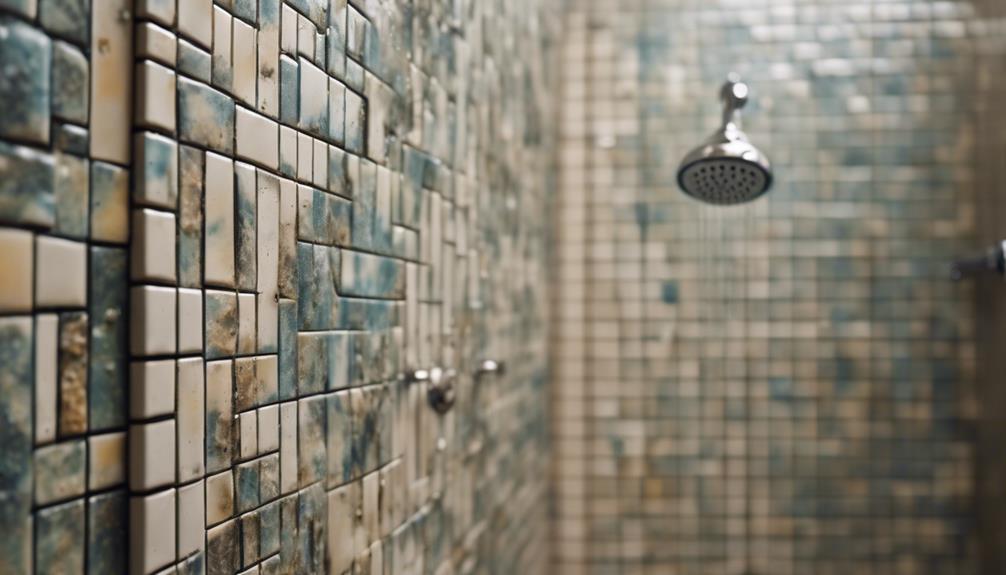
While Liquid Nails can be a convenient adhesive for various projects, it is important to be aware of potential limitations and drawbacks when considering its use in a shower.
- Moisture Sensitivity: Liquid Nails may not perform well in consistently damp environments like showers, leading to decreased adhesion over time.
- Curing Time: The curing time of Liquid Nails can be longer in humid conditions, delaying the completion of your shower project.
- Limited Flexibility: In a shower setting where materials may expand and contract due to temperature changes, the lack of flexibility in Liquid Nails could cause issues with the bond strength.
- Mold and Mildew Growth: Liquid Nails is not resistant to mold and mildew, which are common in wet areas like showers and can compromise the adhesive's effectiveness over time.
Understanding these potential issues and drawbacks can help you make an informed decision when using Liquid Nails in your shower project.
Tips for Using Liquid Nails in Showers
To enhance the effectiveness of Liquid Nails in shower applications, prioritize thorough surface preparation before adhesive application. Begin by ensuring that the surfaces are clean, dry, and free of any dust, grease, or debris that could hinder adhesion. Roughening smooth surfaces and removing any old adhesive residues will promote better bonding. Consider using a suitable primer to further improve adhesion, especially on non-porous materials like glass or metal. When applying the Liquid Nails, use a caulking gun for precise and controlled dispensing. Apply the adhesive in a zigzag pattern or dots to ensure sufficient coverage without overdoing it. Press the materials together firmly but without excessive force to allow for proper curing. Additionally, support the materials with temporary bracing or clamps as needed until the adhesive has fully set. Following these tips will optimize the performance of Liquid Nails in your shower project, ensuring a strong and durable bond that withstands the rigors of a wet environment.
Frequently Asked Questions
Can Liquid Nails Be Used to Attach Heavy Shower Fixtures, Such as a Rain Shower Head or Glass Shower Doors?
For securing heavy shower fixtures like rain shower heads or glass doors, Liquid Nails, a strong adhesive, can be effective. Ensure proper surface preparation, follow manufacturer guidelines, and consider mechanical fasteners for added support.
Is Liquid Nails Suitable for Use in High Humidity Environments, Such as a Steam Shower?
In high humidity environments like steam showers, the suitability of Liquid Nails can be compromised due to potential weakening of adhesion properties. It's crucial to consider alternative adhesives or mechanical fasteners specifically designed for applications in such conditions.
How Long Should I Wait Before Using the Shower After Applying Liquid Nails?
After applying Liquid Nails, it is recommended to wait at least 24 hours before using the shower to ensure proper bonding and curing. This allows the adhesive to set fully, enhancing its strength and durability over time.
Can Liquid Nails Be Used to Repair Existing Tile or Grout in a Shower?
Liquid Nails can be used to repair existing tile or grout in a shower due to its strong adhesive properties. Ensure the surfaces are clean and dry before application for optimal results and allow sufficient time to cure.
Are There Any Special Considerations When Using Liquid Nails With Specific Types of Shower Materials, Such as Acrylic or Fiberglass?
When using Liquid Nails with specific types of shower materials like acrylic or fiberglass, consider the material's porosity, flexibility, and weight. Test adhesion on a small inconspicuous area first to ensure compatibility and durability. Innovate with precision.

